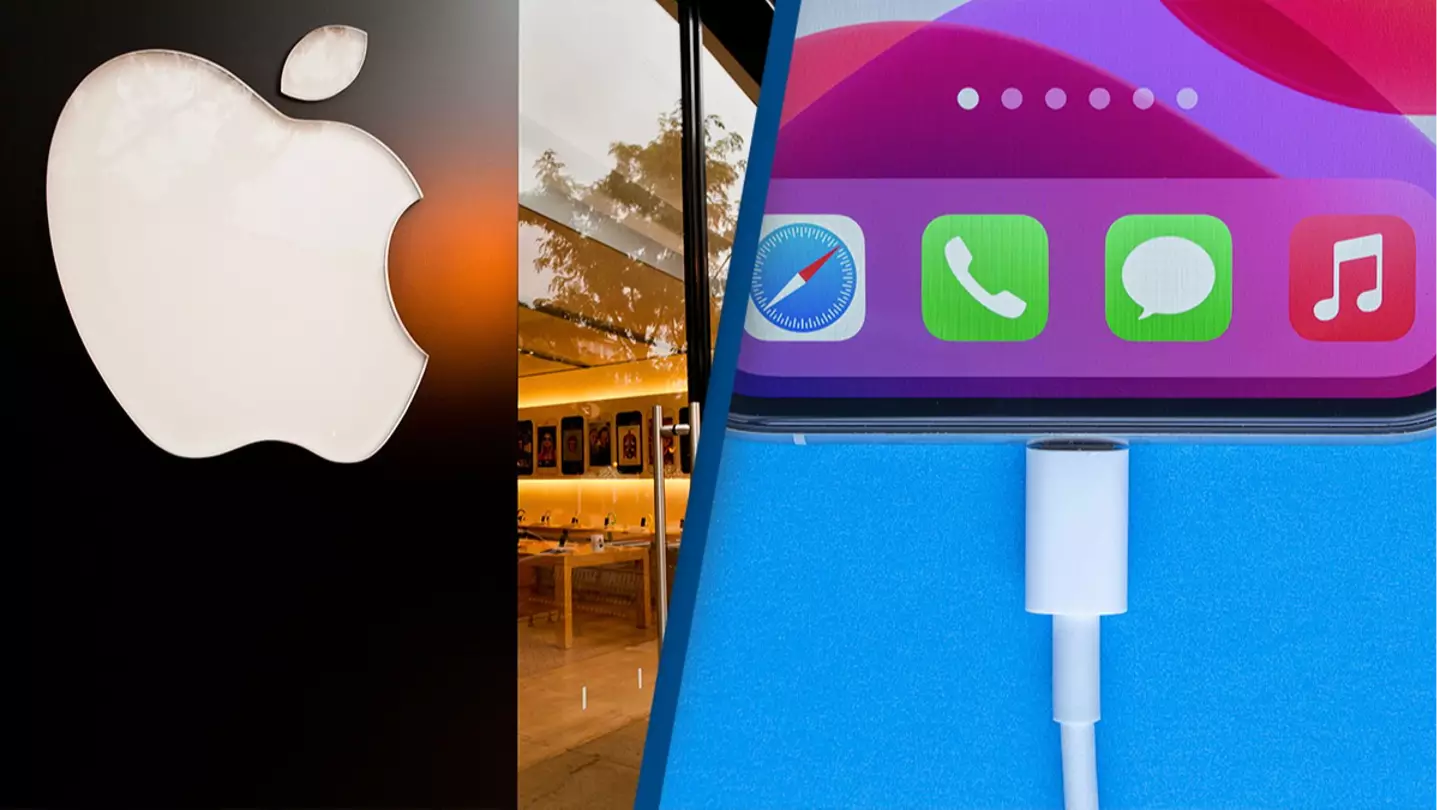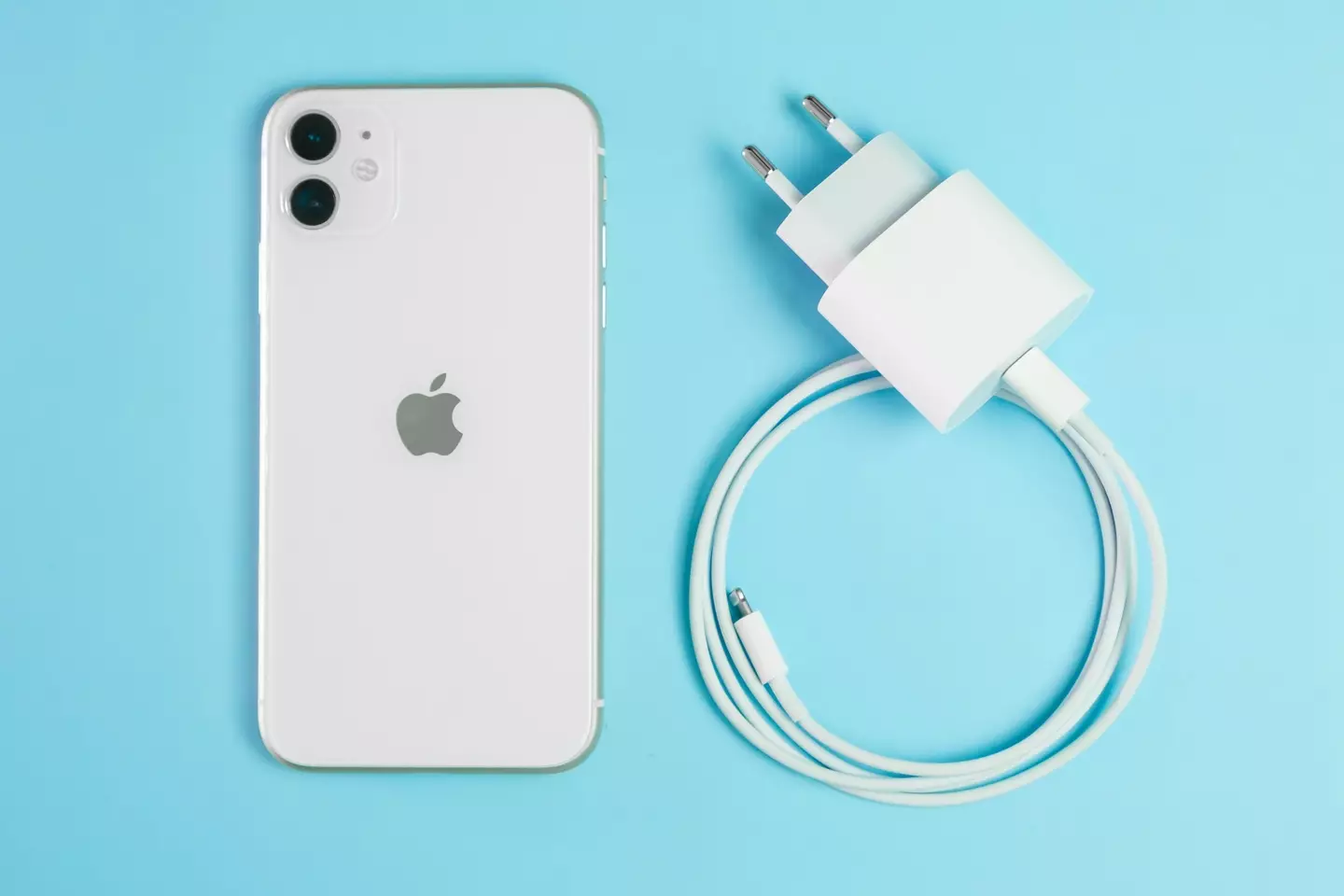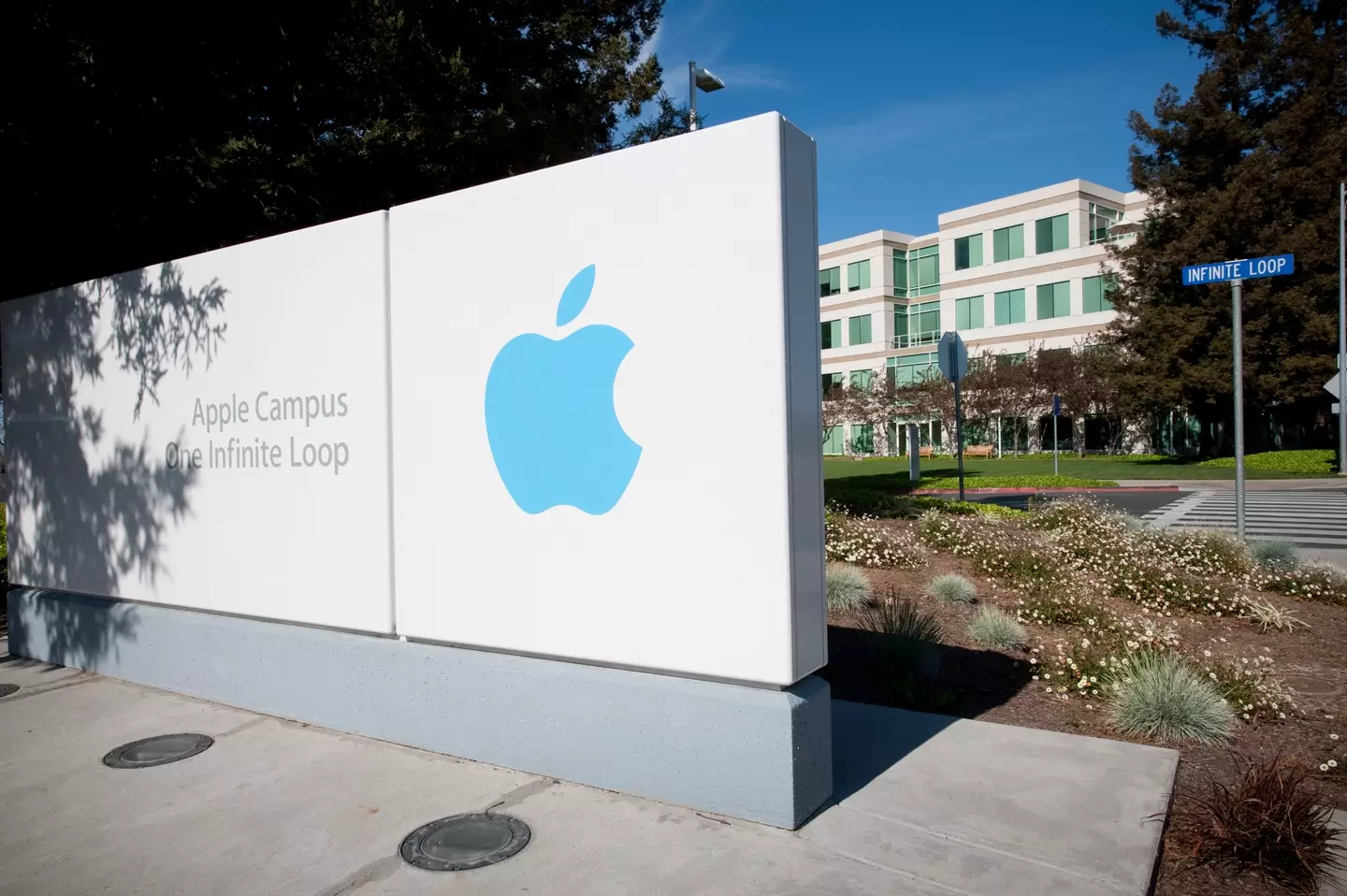
Apple has been ordered to pay a customer over $1,000 for not sending a charger with their new iPhone.
A court in Goiânia city, Brazil, ruled that the tech giant was responsible for a practice known as a 'tie sale', documents say.
This is where a firm requires a customer to buy two separate items in order for one of them to function properly.
Advert
Judge Vanderlei Caires Pinheiro took the view that Apple had 'obliged the consumer to purchase a second product of its exclusive manufacture,' calling it an 'abusive and illegal commercial practice'.
He ordered the company to pay the customer 5,000 Brazilian reais ($1,081) and provide them with a new adapter.
Apple has a period of 10 days to do so, after that, it will have to pay a daily fine of 100$ reais ($21.63) until it provides the maximum fine of 10,000$ reais ($2,163).

Apple stopped providing adapters with its devices back in 2020, with the Brazilian government fining the company $2 million (£1.5m) a year later over the decision.
Advert
In an attempt to counter the customer's claims during the hearing, Apple told the court that its devices come with a lightning cable, which can be used with other power adapters, not necessarily those sold by Apple.
The firm also said it had ceased providing the adapter due to environmental concerns.
However, the judge ruled that the lightning cable only works with adapters that have a USB-C port, so the customer was restricted in which adapters he could purchase.
Apple products, he said, though, were specifically designed to fit the cable.
Advert
With regards to the environmental impact of manufacturing the adapters, the judge stated that Apple was still making them separately.
He said: "It is not appropriate that such a measure seeks to reduce environmental impacts, since, in all evidence, the defendant continues to manufacture such an essential accessory, but now sells it separately."

UNILAD has contacted Apple for a comment.
Advert
Earlier this year, it was reported that Apple had agreed to pay $14.8 million (£11.2 million) to a number of its customers, having been accused of breaking the 'contract regarding the iCloud Service that Apple provides to its users'.
The accusation states Apple broke its terms and conditions by using third-party servers to store iCloud user's data, when the company should have actually stored that data on its own servers, in line with the contract it set out.
While Apple denies any wrongdoing, it has chosen to settle the case to avoid court.
The terms of the settlement outlines how the company ‘maintains that it did nothing wrong and denies that it breached the iCloud Terms and Conditions with any user’.
Advert
Any US residents who paid for an iCloud subscription between 16 September 2015 and 31 January 2016 are eligible to receive a chunk of the payout, and should receive a notification soon if the email address they used to subscribe is still active.
If you have a story you want to tell, send it to UNILAD via [email protected]
